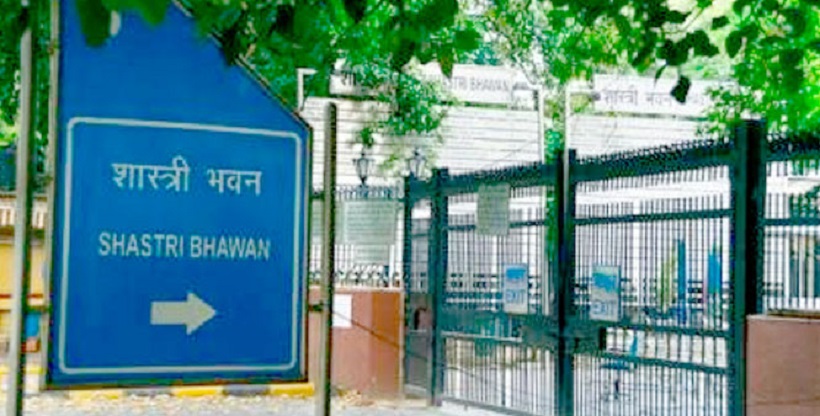Civil Servants Must Re-learn the Art of Saying No
A lot of anguish has been expressed in various quarters of bureaucracy over the sad fate of Mr. H. C. Gupta and two other IAS officers who have been sentenced to jail terms recently for their role in allocation of coal blocks when they were occupying high posts of responsibility in the Ministry of Coal.
The details of the case have been discussed ad nauseum at various forum and there is no need to point in repeating them. It is enough to recapitulate that in 2008 Mr. Gupta as Secretary in the Ministry of Coal in Government of India had chaired the Committee which took the decision to allocate the coal blocks to allegedly ineligible applicants. The other two officers, in their capacity of Joint Secretary and Director in the Ministry had processed the proposal and put it up for approval of the Commitee. On complaint the case was investigated by the CBI and ultimately resulted in the judicial conviction of the three bureaucrats and a few officials of the ineligible company which got the allocation.
The conviction of the bureaucrats has sent shock waves in the echelons of bureaucracy. All those who are familiar with Mr. H. C. Gupta swear to his honesty and integrity. Doubts are also being raised as to whether such punitive action against an honest bureaucrat will render the decision-making process ineffectual, officers being reluctant to stick their neck out for fear of future adverse repercussions.
Two scenarios are possible in the present case.
One, the Committee headed by Mr. Gupta took the decision on wrong allocation of coal blocks based on wrong or inadequate information by the applicants. This seems unlikely because the applications are scrutinised at multiple levels and any misinformation sticks out like a sore thumb during the scrutiny. In the hierarchical filter mechanism of the government experienced officers starting from the bottom rung dissect all proposals and raise a red flag if anything is amiss.
The second possibility of an informed choice seems to be more likely. Bureaucrats with years of layered experience in Government are least likely to make mistakes on seemingly routine matters like coal block allocation. But since such decisions involve huge amounts running into hundreds of crores, the Committeee is subjected to immense pressure from various quarters to favour interested parties. It is likely that Mr. Gupta was a victim of such pressure which could have come from the concerned Minister or higher layers of bureaucracy. Such pressure is never recorded and there is no evidence to show the exerting of such pressure. Mr. Gupta, even if he wants to, cannot name anyone at this stage who put the apparently irresistible pressure on him in the absence of evidence.
The consequences of refusal to yield to pressure from powerful quarters can be traumatic for a civil servant. One of the certain fallouts is his immediate transfer from the post he is holding. For a junior officer it could also be some negative remarks about his efficiency in his Annual Performance Appraisal Report. For some others it can lead to avoidable harassment or humiliation. But in the final analysis all these temporary setbacks in the career are insignificant compared to the possibility of a jail term if found guilty of indiscretion.
Therefore the civil servants must say a firm and decisive No when they find the request or pressure is violative of law or is such that it will bring about serious adverse consequences in future. During the course of training all civil servants and bureaucrats at various levels are taught this lesson, but the filthy lucre of illegitimate gains or attachment to particularly powerful posts sometimes makes them forget it. They must relearn the art of saying an emphatic, unequivocal No when required.


Viewers Comments